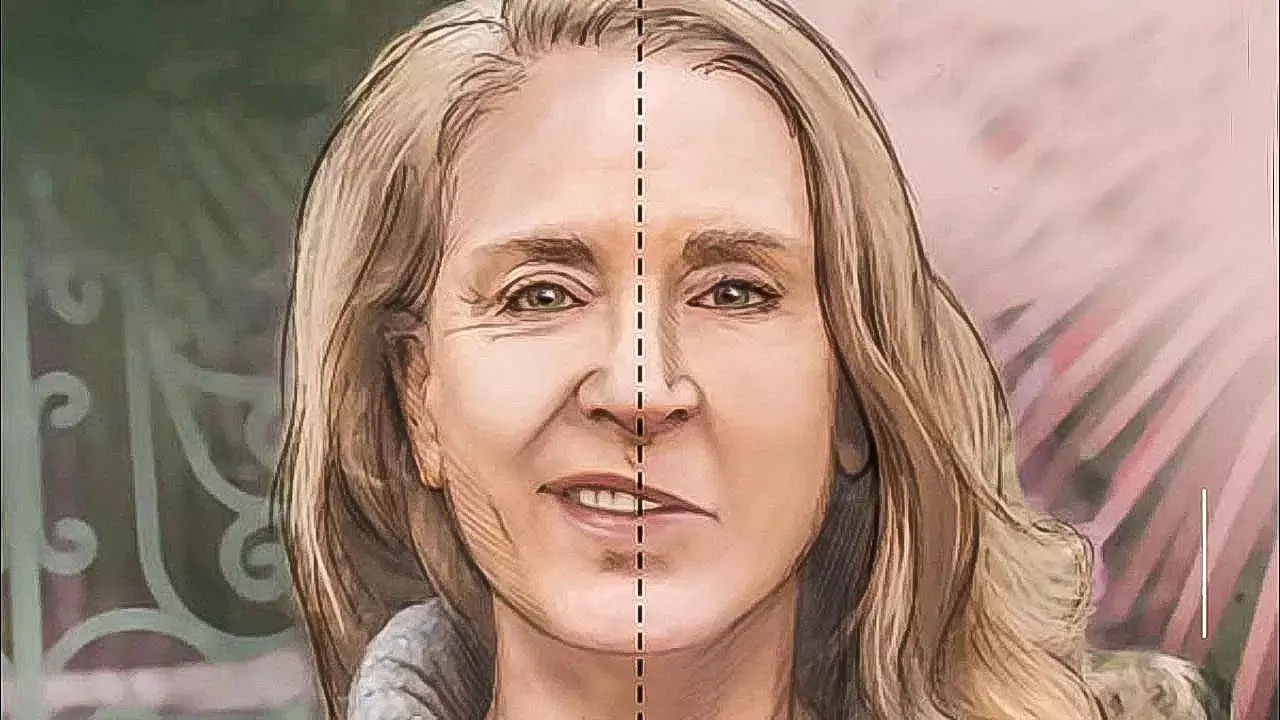- Home
- Medical news & Guidelines
- Anesthesiology
- Cardiology and CTVS
- Critical Care
- Dentistry
- Dermatology
- Diabetes and Endocrinology
- ENT
- Gastroenterology
- Medicine
- Nephrology
- Neurology
- Obstretics-Gynaecology
- Oncology
- Ophthalmology
- Orthopaedics
- Pediatrics-Neonatology
- Psychiatry
- Pulmonology
- Radiology
- Surgery
- Urology
- Laboratory Medicine
- Diet
- Nursing
- Paramedical
- Physiotherapy
- Health news
- Fact Check
- Bone Health Fact Check
- Brain Health Fact Check
- Cancer Related Fact Check
- Child Care Fact Check
- Dental and oral health fact check
- Diabetes and metabolic health fact check
- Diet and Nutrition Fact Check
- Eye and ENT Care Fact Check
- Fitness fact check
- Gut health fact check
- Heart health fact check
- Kidney health fact check
- Medical education fact check
- Men's health fact check
- Respiratory fact check
- Skin and hair care fact check
- Vaccine and Immunization fact check
- Women's health fact check
- AYUSH
- State News
- Andaman and Nicobar Islands
- Andhra Pradesh
- Arunachal Pradesh
- Assam
- Bihar
- Chandigarh
- Chattisgarh
- Dadra and Nagar Haveli
- Daman and Diu
- Delhi
- Goa
- Gujarat
- Haryana
- Himachal Pradesh
- Jammu & Kashmir
- Jharkhand
- Karnataka
- Kerala
- Ladakh
- Lakshadweep
- Madhya Pradesh
- Maharashtra
- Manipur
- Meghalaya
- Mizoram
- Nagaland
- Odisha
- Puducherry
- Punjab
- Rajasthan
- Sikkim
- Tamil Nadu
- Telangana
- Tripura
- Uttar Pradesh
- Uttrakhand
- West Bengal
- Medical Education
- Industry
Recent COVID-19 vaccination not linked to Facial nerve palsy, Study says

According to a recent study, researchers have found out that recent vaccination with the BNT162b2 vaccine is not associated with an increased risk of facial nerve palsy.
The study is published in the JAMA Otolaryngology- Head &Neck Surgery.
Peripheral facial nerve (Bell) palsy has been reported and widely suggested as a possible adverse effect of the BNT162b2 (Pfizer-BioNTech) COVID-19 vaccine. Israel is currently the leading country in vaccination rates per capita, exclusively using the BNT162b2 vaccine, and all residents of Israel are obligatory members of a national digital health registry system. These factors enable early analysis of adverse events.
Asaf Shemer and colleagues from the Department of Ophthalmology, Shamir Medical Center, Be'er Ya'akov, Israel carried out the present study to examine whether the BNT162b2 vaccine is associated with an increased risk of acute-onset peripheral facial nerve palsy.
This case-control study was performed at the emergency department of a tertiary referral center in central Israel. Patients admitted for facial nerve palsy were matched by age, sex, and date of admission with control patients admitted for other reasons. Exposure to recent vaccination with the BNT162b2 vaccine were included in the study sample.
Adjusted odds ratio for recent exposure to the BNT162b2 vaccine among patients with acute-onset peripheral facial nerve palsy. The proportion of patients with Bell palsy exposed to the BNT162b2 vaccine was compared between groups, and raw and adjusted odds ratios for exposure to the vaccine were calculated.
A secondary comparison with the overall number of patients with facial nerve palsy in preceding years was performed.
The following results were observed-
a. Thirty-seven patients were admitted for facial nerve palsy during the study period, 22 (59.5%) of whom were male, and their mean (SD) age was 50.9 (20.2) years.
b. Among recently vaccinated patients (21 [56.7%]), the mean (SD) time from vaccination to occurrence of palsy was 9.3 (4.2 [range, 3-14]) days from the first dose and 14.0 (12.6 [range, 1-23]) days from the second dose.
c. Among 74 matched controls (2:1 ratio) with identical age, sex, and admittance date, a similar proportion were vaccinated recently (44 [59.5%]).
d. The adjusted odds ratio for exposure was 0.84 (95% CI, 0.37-1.90; P = .67).
e. Furthermore, analysis of the number of admissions for facial nerve palsy during the same period in preceding years (2015-2020) revealed a relatively stable trend (mean [SD], 26.8 [5.8]; median, 27.5 [range, 17-35]).
Therefore, the authors concluded that "in this case-control analysis, no association was found between recent vaccination with the BNT162b2 vaccine and risk of facial nerve palsy."
Dr. Nandita Mohan is a practicing pediatric dentist with more than 5 years of clinical work experience. Along with this, she is equally interested in keeping herself up to date about the latest developments in the field of medicine and dentistry which is the driving force for her to be in association with Medical Dialogues. She also has her name attached with many publications; both national and international. She has pursued her BDS from Rajiv Gandhi University of Health Sciences, Bangalore and later went to enter her dream specialty (MDS) in the Department of Pedodontics and Preventive Dentistry from Pt. B.D. Sharma University of Health Sciences. Through all the years of experience, her core interest in learning something new has never stopped. She can be contacted at editorial@medicaldialogues.in. Contact no. 011-43720751
Dr Kamal Kant Kohli-MBBS, DTCD- a chest specialist with more than 30 years of practice and a flair for writing clinical articles, Dr Kamal Kant Kohli joined Medical Dialogues as a Chief Editor of Medical News. Besides writing articles, as an editor, he proofreads and verifies all the medical content published on Medical Dialogues including those coming from journals, studies,medical conferences,guidelines etc. Email: drkohli@medicaldialogues.in. Contact no. 011-43720751


